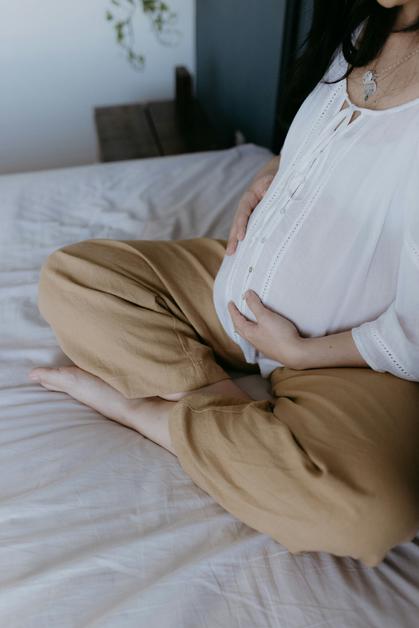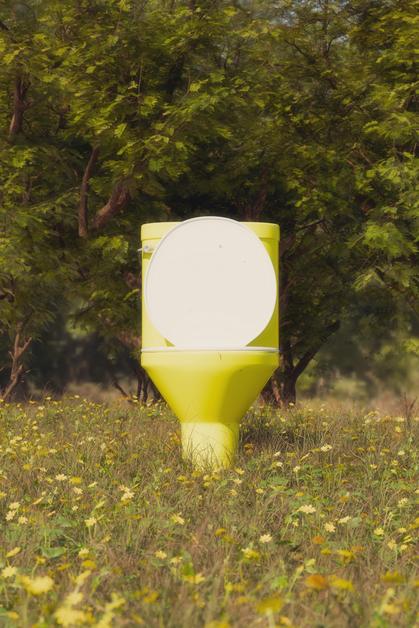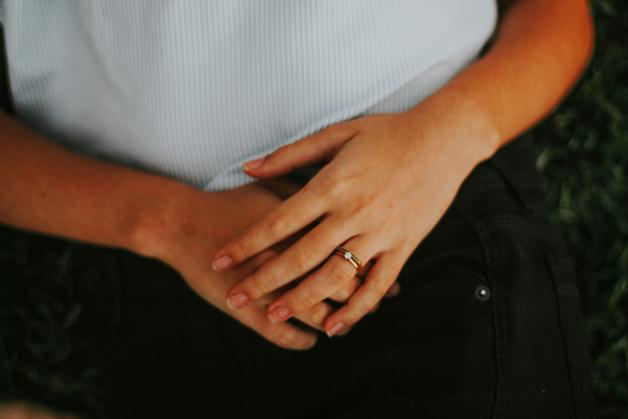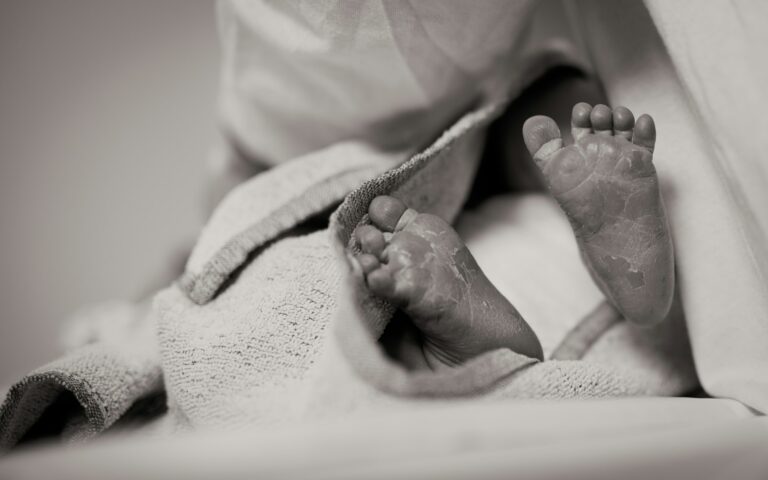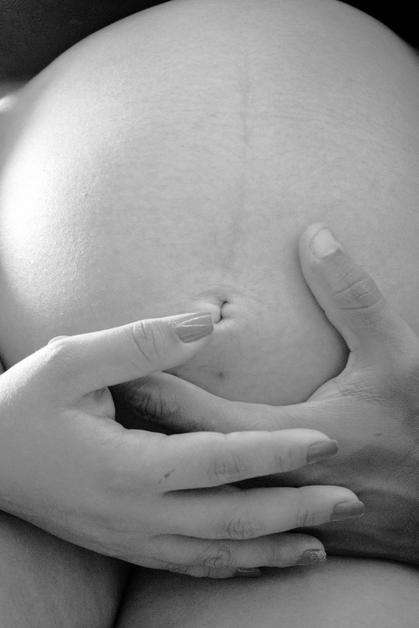Coffee during pregnancy often triggers a cascade of questions. That comforting cup in the morning—does it need to be abandoned completely, or is there a safer middle ground? Curiosity, anxiety, even a little guilt frequently swirl together: is that beloved ritual compatible with supporting a healthy baby, or is it better left untouched? As parents sift through conflicting tips from friends, scrolling through endless online opinions, one issue rises above all: how to keep daily joys while nurturing both one’s own energy and their growing child.
Science delivers some reassuring clarity, yet the nuance cannot be overlooked. How does caffeine act on a developing baby’s body? What amounts are considered safe? What if a double shot sneaks into the afternoon routine or, perhaps, chocolate and tea quietly add up? Here’s a comprehensive exploration that puts both evidence and empathy at the heart of parental guidance on coffee during pregnancy—explaining the facts, offering strategies, and inviting each parent to reflect on what feels right for them.
How Caffeine Behaves During Pregnancy
Curious how the body responds differently to coffee during pregnancy than at any other stage? The answer lies partly in metabolism: the enzyme CYP1A2 slows drastically, especially in the second and third trimesters, causing caffeine to linger in the bloodstream for much longer than usual. For the developing fetus, whose liver is not yet fully formed, this creates a unique environment—caffeine crosses the placenta without hindrance, accumulating in fetal tissues that aren’t able to detoxify efficiently.
Scientific investigations bring subtle, sometimes contrasting findings. Major organizations—World Health Organization, March of Dimes, and leading medical colleges—agree on the need to keep daily caffeine intake below a threshold, generally under 200 milligrams. Notably, this equates to roughly one medium cup of coffee, distributed throughout the day (as all sources count: espresso, tea, energy drinks, chocolate, even certain medications). The link between overshooting this amount and conditions such as low birth weight, intrauterine growth restriction, or miscarriage is not a certainty, but studies consistently demonstrate increased risks with high caffeine consumption.
Why does all this matter? Shorter sleep, a racing heart, and heightened anxiety can signal excessive caffeine—a state amplified by pregnancy’s physiological changes. For the fetus, a concentrated dose can impact the developing nervous system, potentially leading to jitteriness or growth issues after birth.
Mapping Out Caffeine: Not Just Coffee
Think coffee during pregnancy is the only culprit? Caffeine hides in plain sight, dressing up as many of your favorite treats or thirst quenchers. Here’s a closer look at typical amounts:
- Filtered coffee (237 ml): 95–200 mg
- Espresso (30 ml): 30–90 mg
- Decaf coffee (237 ml): about 2 mg
- Black tea (250 ml): 40–50 mg
- Green tea (250 ml): roughly 30 mg
- Cola drinks (355 ml): 36–50 mg
- Energy drinks (591 ml): up to 180 mg
- Milk chocolate (28 g): about 7 mg
- Dark chocolate (28 g): 3–23 mg
It’s easy to see how “just one more cup” or “an afternoon tea” can tip the balance. Attention to labels becomes essential: certain headache or cold remedies quietly contain caffeine, and mug sizes can be deceptive (a large travel mug might fit two servings).
Moderating Caffeine: Practical Strategies
For many parents, the big question is not simply “how much coffee during pregnancy,” but how to adapt routines smoothly. There’s no need for severe deprivation—thoughtful choices offer freedom. Pace your intake. Alternate regular and decaffeinated coffee. Explore lighter brews or opt for smaller cups. Place enough time between caffeine and meals, since substances in coffee may reduce iron or calcium absorption (two nutrients the body craves in heightened amounts during pregnancy). Reading ingredient lists uncovers hidden sources and helps with daily tallying.
If sudden withdrawal brings on headaches or fatigue, consider a gradual reduction. Blend decaf with your usual beans, switch to alternatives for the afternoon, or create new rituals with caffeine-free drinks. Interestingly, many parents find that nausea in the first trimester naturally curbs interest in strong coffee—an unexpected ally for moderation. Scientific surveys even confirm that over half of pregnant women spontaneously cut back without needing much persuasion.
Understanding Signs of Excess
Sometimes, even with the best intentions, the body’s feedback takes center stage. Listen to signals: persistent heart palpitations, trouble sleeping (or vivid nightmares), notable loss of appetite—these could all hint that your caffeine threshold has been exceeded. The response is straightforward: trimming back typically leads to relief. Improved sleep, smoother digestion, and a calmer mind are commonly reported benefits among parents who adjust their routines.
If symptoms linger or escalate, speaking with your healthcare provider ensures reassurance and targeted assessment—your peace of mind is essential.
Safer Alternatives Without Sacrificing Pleasure
Many parents wonder, “What fills the void if I miss the taste or ritual of coffee during pregnancy?” Happily, rich and varied options abound:
- Decaf coffee: Keeping the beloved flavor, often less than 3 mg caffeine per serving. Look for water-processed brands to reduce chemical residues.
- Herbal teas: Ginger, rooibos, lemon balm, rosehip, and lime blossom are generally considered acceptable when limited to two or three cups daily (always review safety with your healthcare team—herbs like sage, fennel, licorice root, or senna can be inappropriate during pregnancy).
- Grain or chicory drinks: Brewing barley or chicory roots mimics the coffee experience without the stimulant punch—ideal unless there’s a rare allergy.
- Warm milk with comforting additives: Think turmeric “golden lattes” or hot water with lemon for a gentle, cozy moment.
- Fruit-infused water: Caffeine-free and hydrating, these ‘mocktails’ bring flavor and freshness to daily routines.
Layer these alternatives with nurturing activities—a chapter of a favorite book, relaxing music, or family conversation—to preserve that moment of pause in the day, even without caffeine.
Caffeine, Iron, and Calcium: When to Sip
Another frequently missed detail: drinking coffee during pregnancy (or tea) directly with meals can impact how much iron and calcium your body absorbs. Both nutrients underpin your strength and your baby’s development. Waiting at least an hour after eating before reaching for a caffeinated beverage optimizes nutritional uptake—a simple change with outsized benefits.
Breastfeeding and Special Medical Situations
The questions hardly end with delivery. Caffeine consumed during breastfeeding does appear in milk, but generally at much lower levels than in the bloodstream. Caution becomes especially important for newborns, whose ability to eliminate caffeine is even slower than in the womb. For most parents, limiting caffeine to about two cups of coffee per day, split throughout the day and consumed away from nursing times, is considered compatible with breastfeeding. Nevertheless, watch your baby for unusual irritability or trouble sleeping—should these appear, dialing back caffeine further often helps.
Parents with high blood pressure, pronounced anxiety, or other specific health issues may need to apply even stricter caffeine limitations; personal medical guidance is always the best compass. And for any questions, no matter how small, healthcare professionals remain the best source for personalized support.
Myths and Facts: Clearing the Air
It’s easy to encounter absolutes: “no coffee during pregnancy!” Yet, fact-based advice presents a different reality. Major health organizations endorse moderate caffeine consumption—typically phrased as up to 200 mg per day—as acceptable for most pregnant women. Decaf offers a practical middle path for those who prefer near-zero caffeine intake, though it still contains trace amounts. Research doesn’t support fears of birth defects linked to small or moderate caffeine intakes. The risk curve bends up only with significantly higher doses.
Herbal Teas: Safety First
Not all plant-based tea is interchangeable. Which options are typically welcomed, and which should find a safer shelf during pregnancy?
- Beneficial or less risky: ginger, rosehip, lemon balm, lime blossom, orange peel (up to two to three cups daily)
- Best to avoid: German chamomile, sage, fennel, ginseng, licorice root, hops, senna, pennyroyal mint
When uncertain—or tempted by a new wellness blend—bringing the ingredient list to your care provider is prudent.
Key Takeaways
- Coffee during pregnancy isn’t forbidden—moderation, defined as one to two cups or less than 200 mg caffeine daily (from all sources combined), respects both tradition and physiology.
- The effects of caffeine are magnified while pregnant, making monitoring intake more important than ever.
- Choose alternatives for pleasure and comfort without straying into excess: decaf, safe herbal teas, and non-caffeinated drinks expand options.
- Separate coffee and tea from meals to improve iron and calcium absorption, supporting baby’s growth and maternal health.
- Trust your body—adjusting intake in response to insomnia, heart palpitations, or pronounced anxiety supports both immediate comfort and safety.
- Parents with specific medical conditions or medication regimens should seek personalized advice, underlining that one size never fits all.
- Professional resources, including health practitioners, are available to address questions and offer nuanced guidance every step of the way.
For ongoing reassurance, actionable tips, and free health questionnaires designed specifically for parents and children, explore the Heloa app—your ally for confident, well-informed choices throughout pregnancy and beyond.
Questions Parents Ask
Can drinking coffee cause miscarriage in early pregnancy?
It’s understandable to feel worried about the effects of coffee on early pregnancy. Current research suggests that moderate caffeine consumption—under 200 mg per day—does not significantly increase the risk of miscarriage for most people. Higher intakes, especially well above the recommended limit, could carry more risk. Each parent’s situation is unique, so if you have special concerns or a history of complications, sharing this with your healthcare professional peut vraiment rassurer.
Is decaf coffee a safe alternative during pregnancy?
Many parents look for ways to maintain comforting routines, and decaf coffee often brings a reassuring solution. Most decaffeinated options contain only a small trace of caffeine (usually less than 3 mg per cup), making them a popular and generally safe choice during pregnancy. N’hésitez pas à vérifier l’étiquette : quelques méthodes de décaféination sont plus naturelles que d’autres, comme le procédé à l’eau. Et si un doute persiste, un échange avec votre professionnel de santé permet de répondre à toutes vos questions en toute confiance.

Further reading:




